Kenya
Protecting the Lions
Shivani Bhalla’s earliest memory dates back to a family safari with her parents and sister where she saw her very first cheetah. This moment was particularly special because it was Shivani herself who spotted the elusive cat. Little did she know that this childhood memory would ignite a lifelong passion and sense of responsibility for nature.
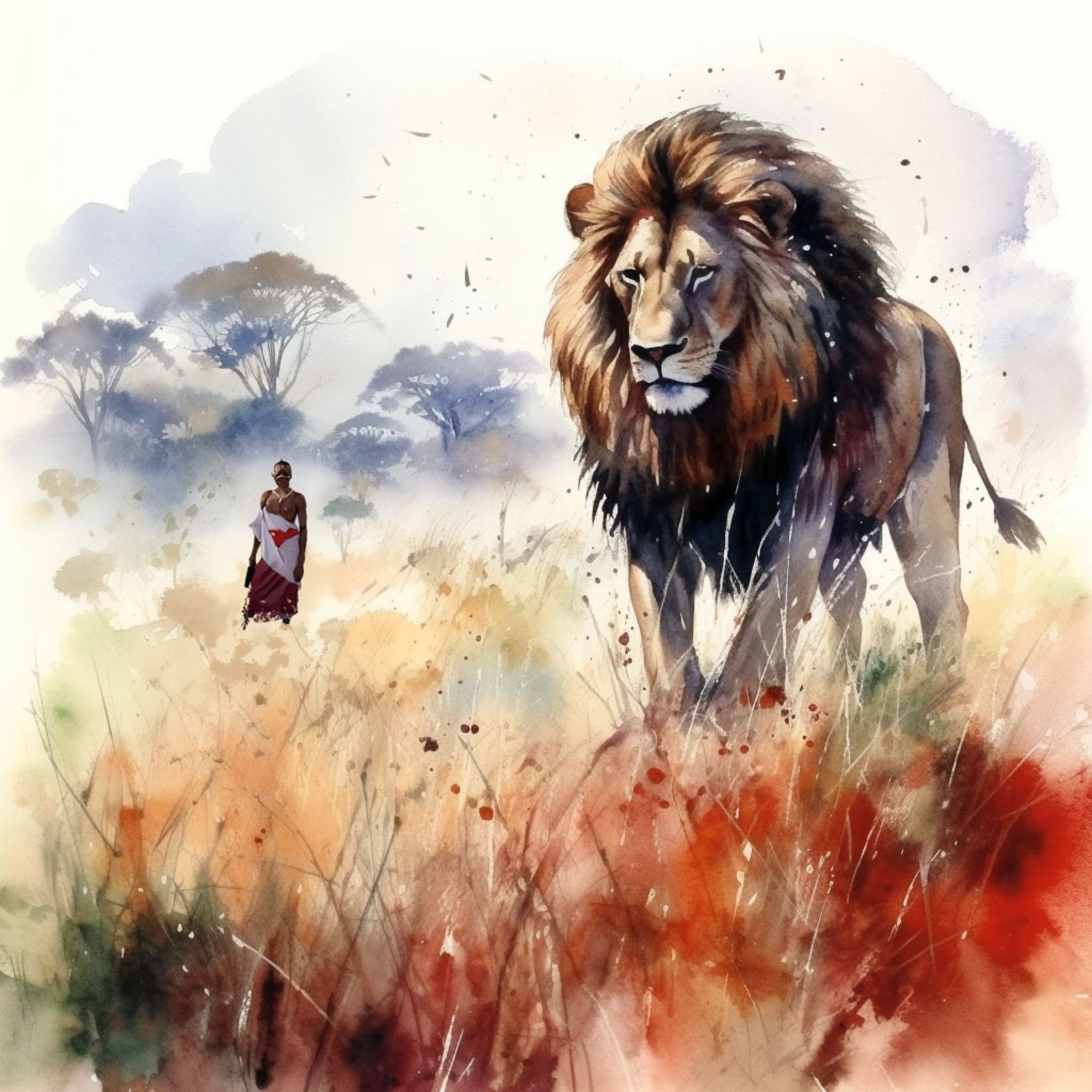
Years later, as Shivani matured, she learned of the precarious future facing Africa’s magnificent big cats. The lion, in particular, had seen its population plummet from 200,000 to a mere 20,000 over the course of a century. The thought that future generations might only encounter lions through the pages of books was a sad reality that Shivani refused to accept. She knew she had to take urgent action.
Understanding that the reduction in lion numbers was primarily due to habitat loss and conflict with humans, typically when lions kill people’s livestock, Shivani recognized that the solutions must arise from the very communities living alongside these majestic creatures. And so, she founded Ewaso Lions with a clear purpose: to secure the future of lions and other large carnivores through community-led conservation.
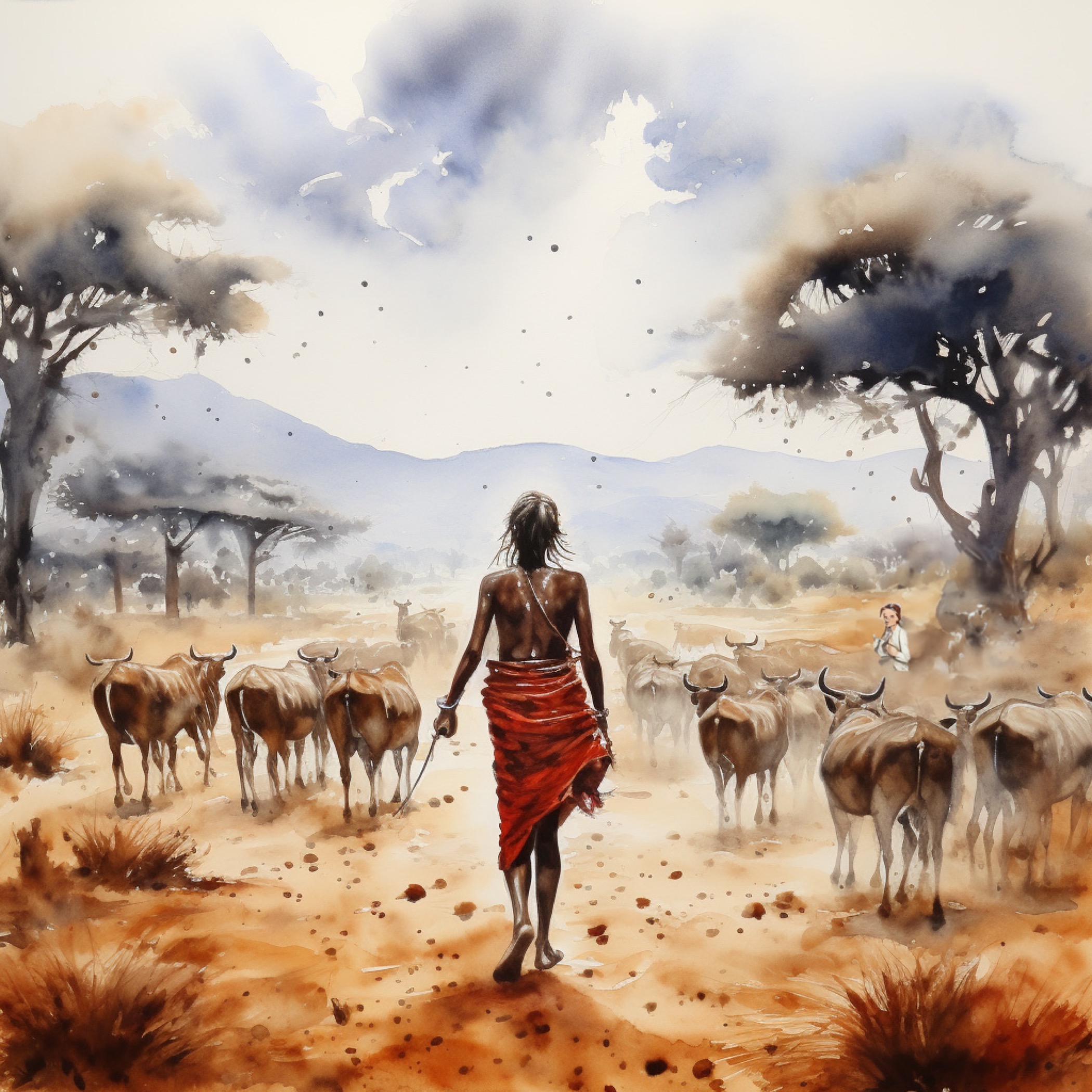
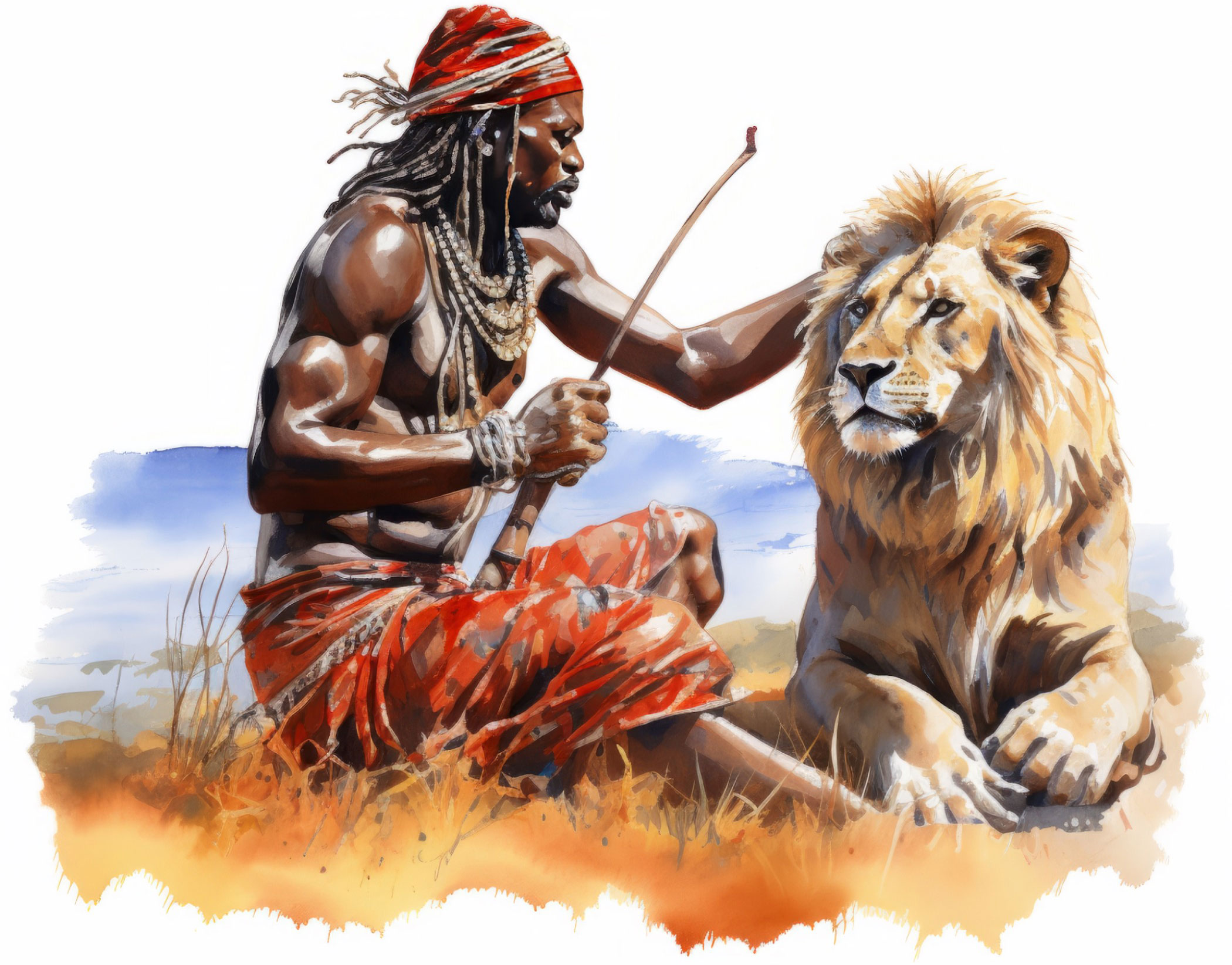
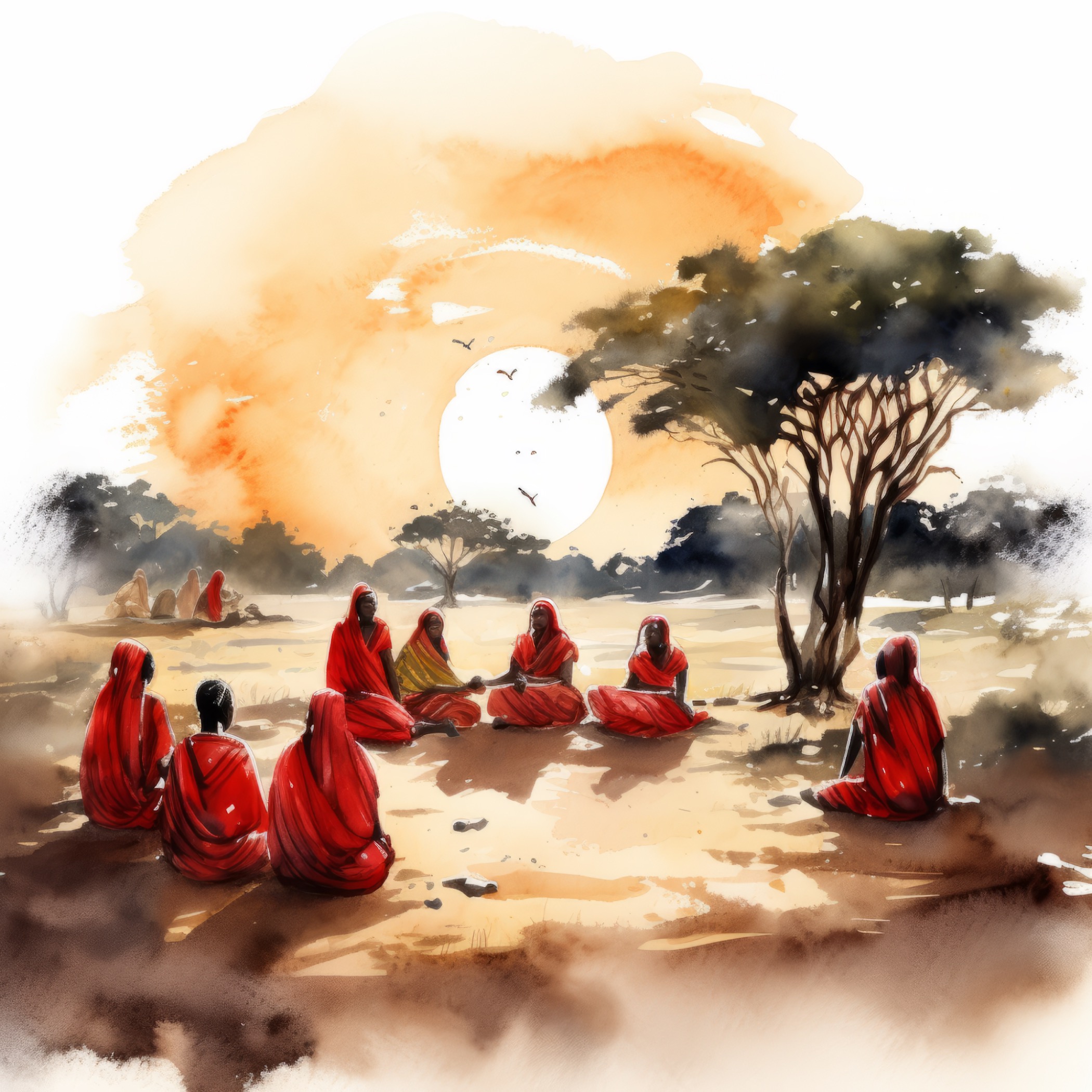
The benefits were felt by both the community and the lions, with over $25,000 worth of livestock saved in a single year and the highest lion population monitoring since the project’s inception in 2022. Moreover, the program empowered the Samburu warriors by providing them with sustainable livelihoods and establishing them as leaders in lion conservation.
Shivani also supported the creation of the Mama Simba group, consisting of local women working to restore lion habitats, and the Lion Kids Camp, blending conservation education with real-life safari experiences for children.
With each program, Shivani Bhalla’s vision of protecting lions through community engagement drew closer to realization. By addressing the needs of local communities and involving them in the solution, it became possible for lions to once again roam freely as the majestic kings and queens of the savannah. Through collaboration and understanding, the divide between humans and lions could be healed, ensuring the survival of these iconic species and the preservation of Kenya’s rich natural heritage.
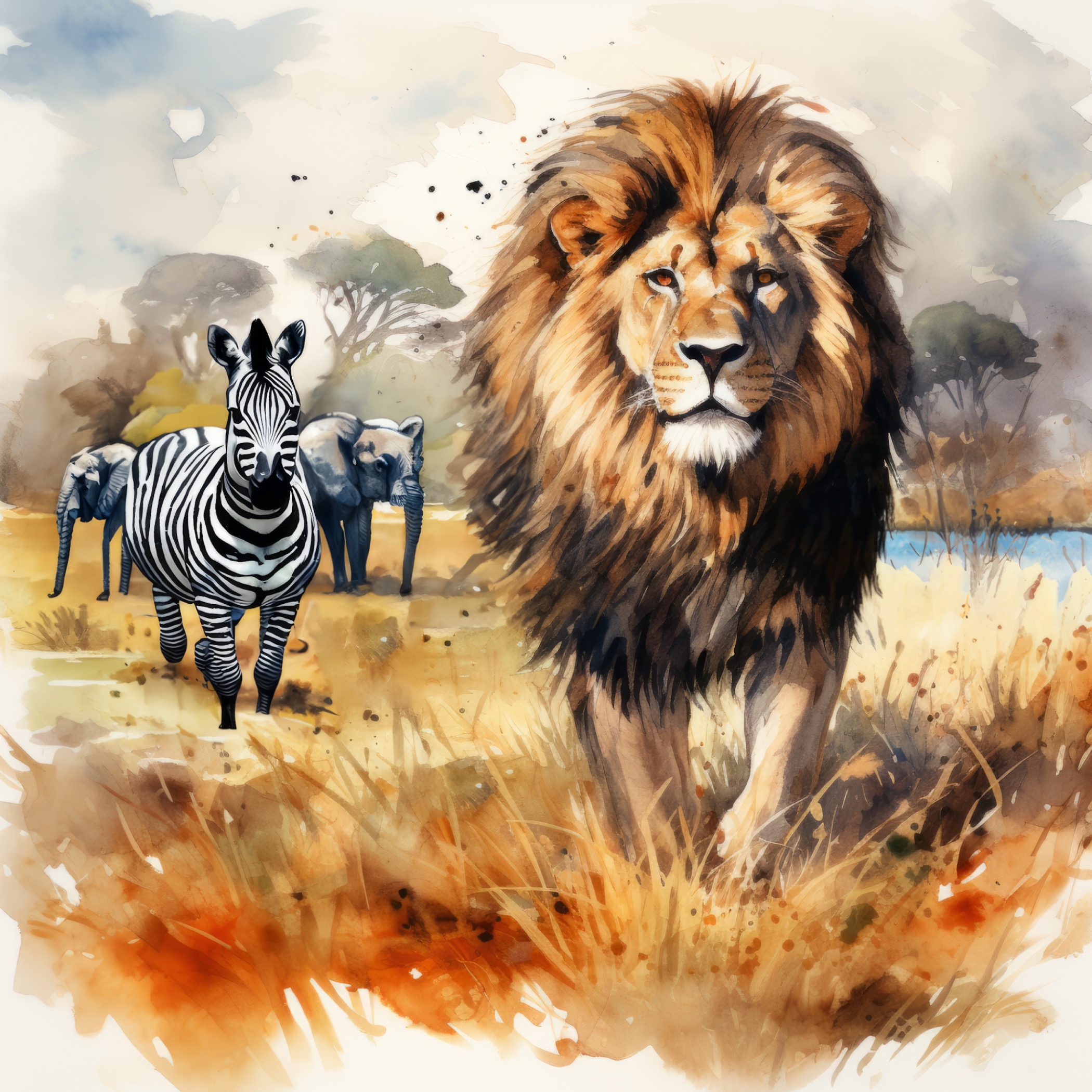

Lions play a vital role in maintaining the balance of ecosystems as top predators. By regulating herbivore populations, they help prevent overgrazing. These habitats are often critical for carbon storage and sequestration, making lion conservation a climate solution. Lions are an iconic species and a symbol of Africa’s rich biodiversity.
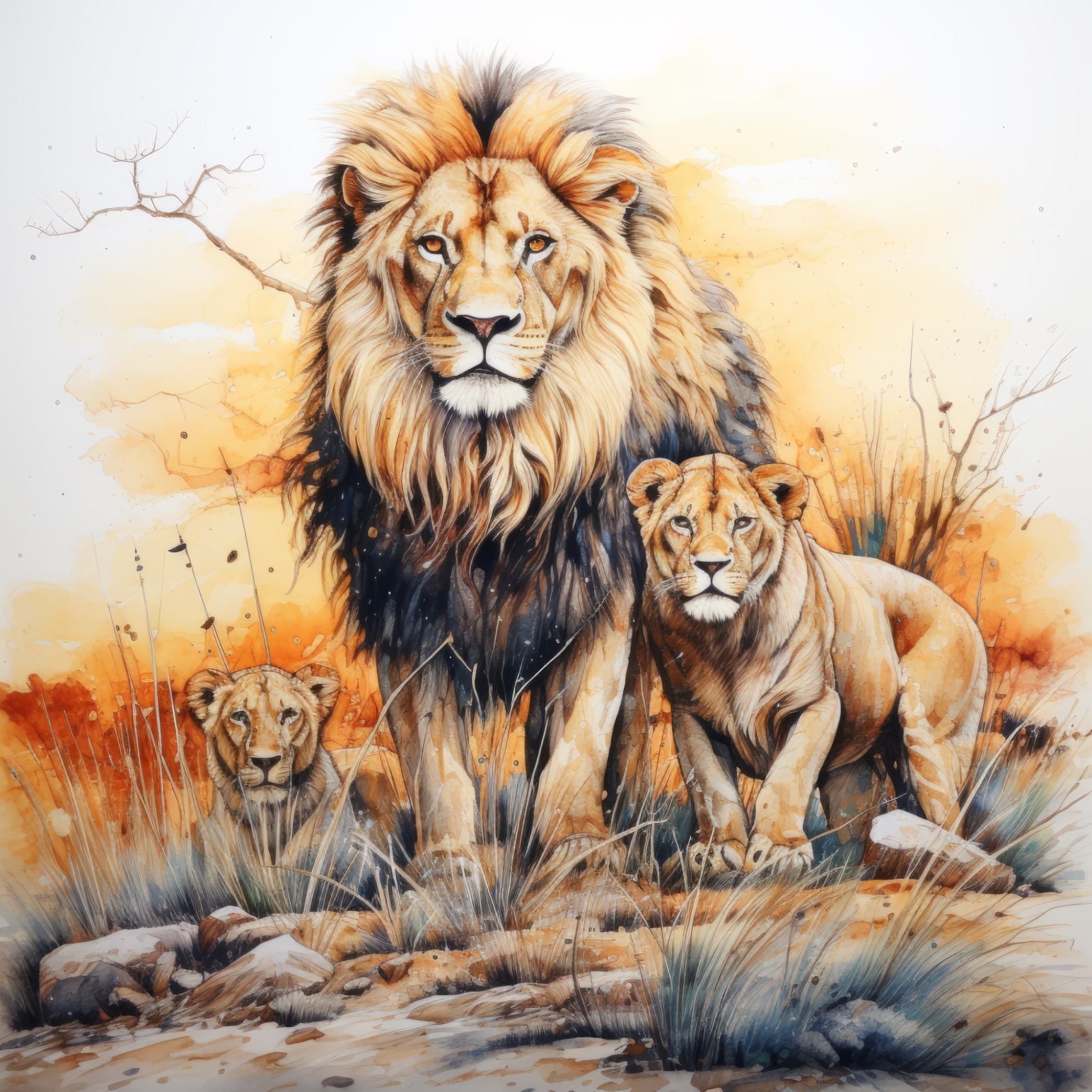
Protecting them preserves Kenya’s natural heritage and contributes to the overall conservation of Africa’s wildlands. Saving lions in Kenya ensures the preservation of biodiversity, ecological stability, cultural heritage, and sustainable socio-economic growth.

Consider these tips:
Personal
What wildlife exists in your community? Are they endangered? The protection of animals in every community is important for biodiversity to thrive. When biodiversity is protected, it stabilizes our shared climate. Think about ways that you can protect the wild species in your region. For example, you can protect your local pollinator species by planting native plants in your neighborhood and around your own garden.
Community
Are there any local groups dedicated to protecting wildlife in your community? Consider volunteering with them to support efforts to protect biodiversity. Visit the website of your local government or environmental agency to see what programs they host for the public to participate in fostering a healthy ecosystem where you are.
Share Your Ideas
Have you or someone you know done something in your community to promote animal habitat preservation? We would love to hear from you! Please send your story to engage@daughtersforearth.org. You can support all Daughters by donating below.




